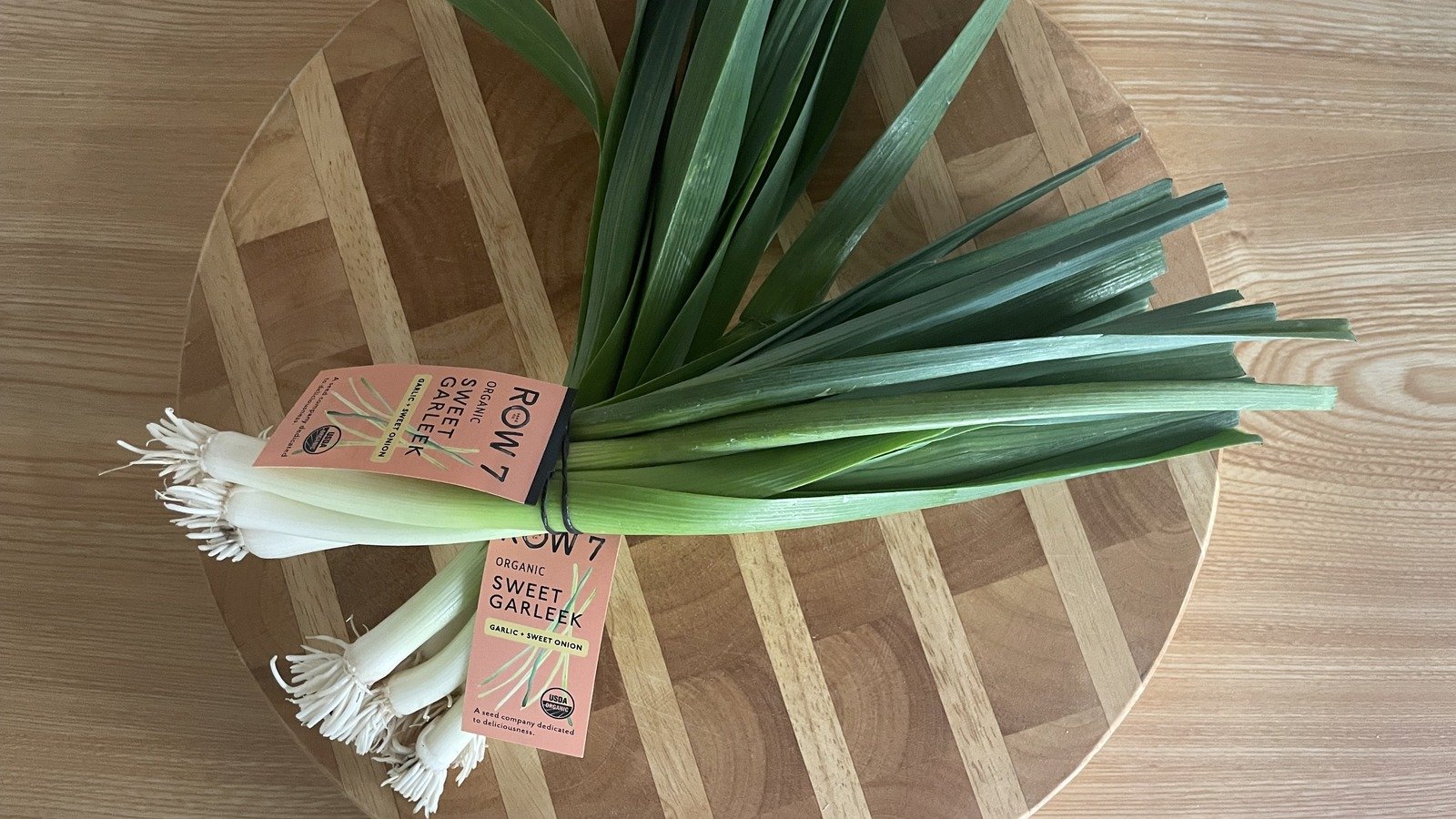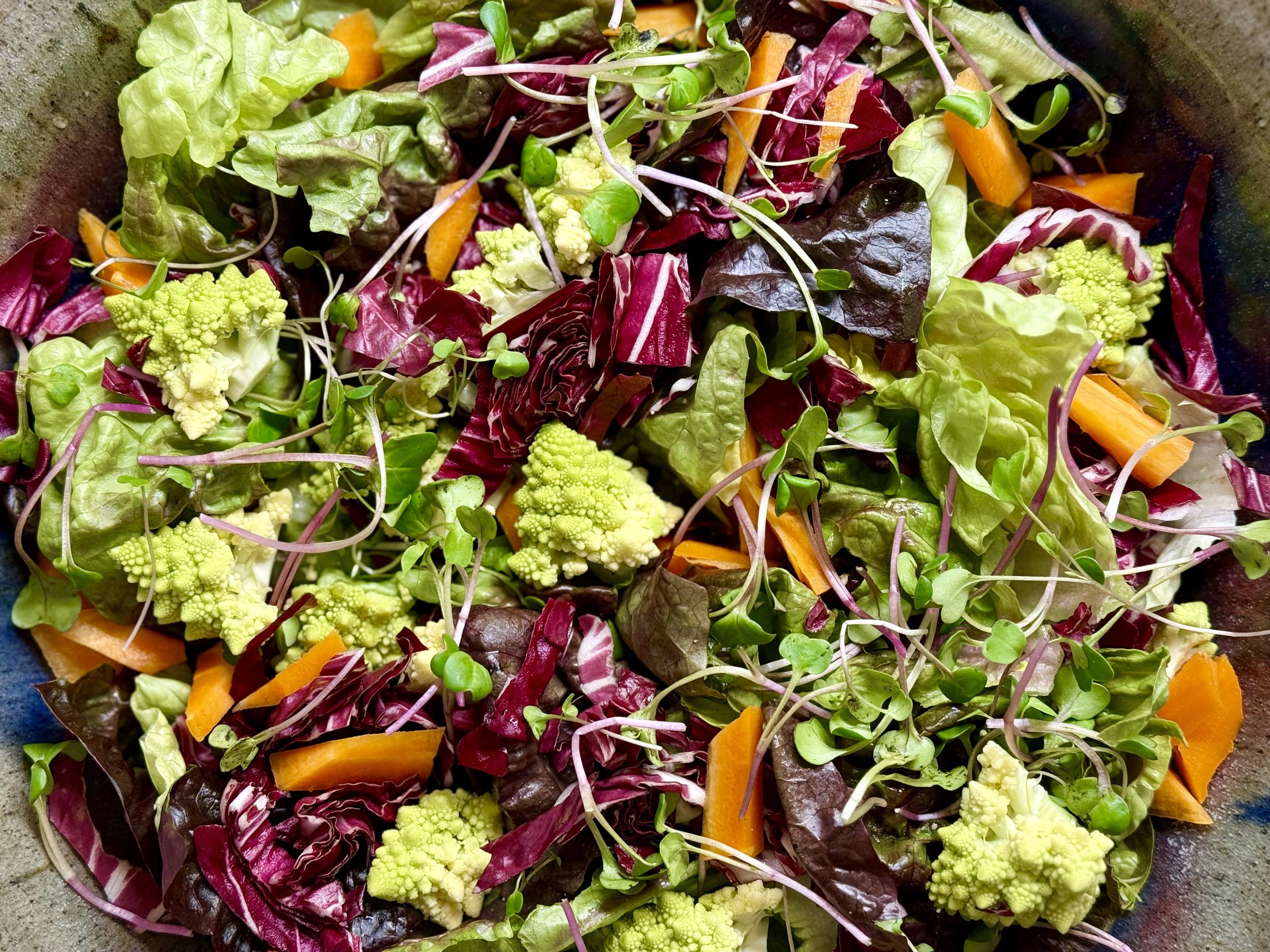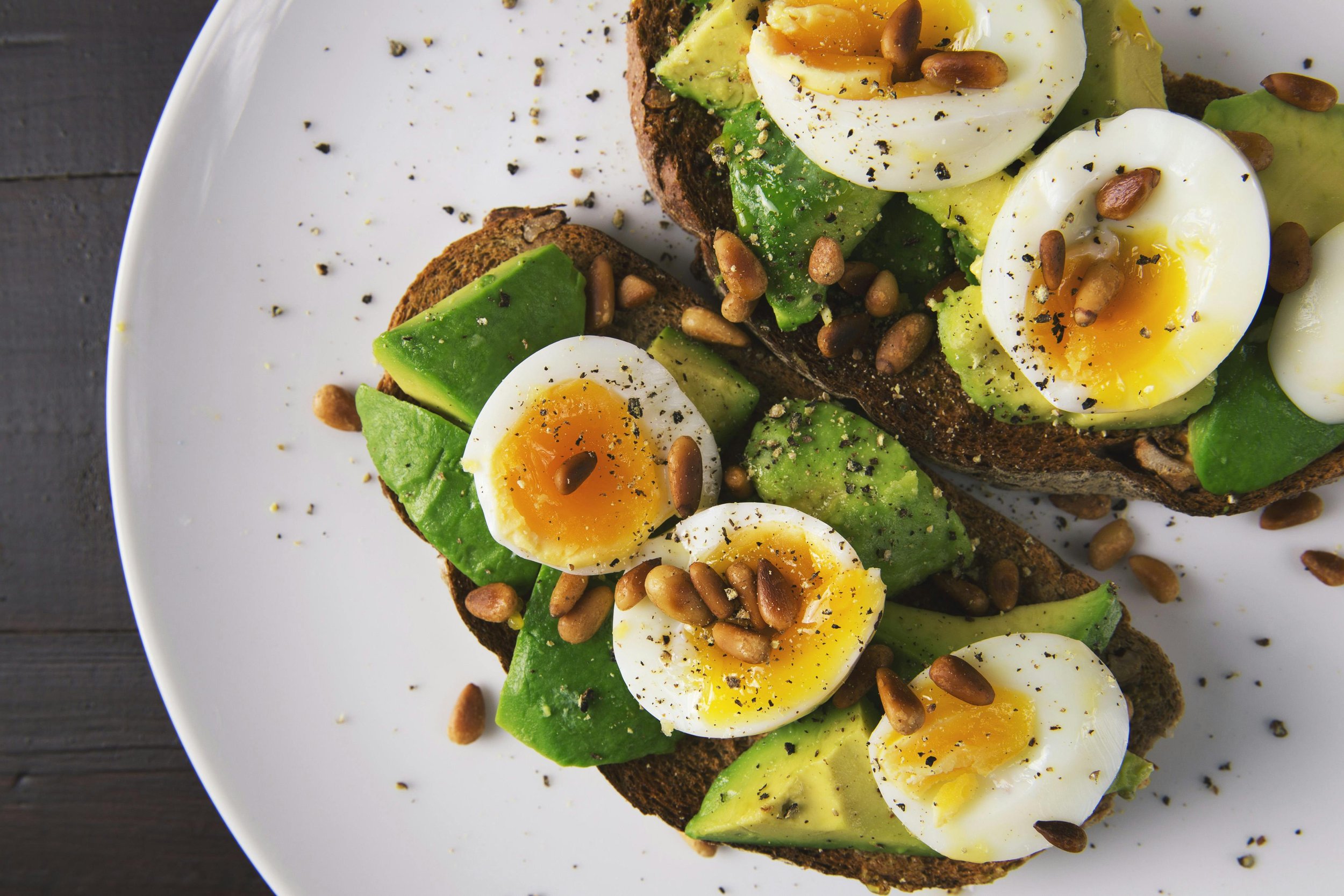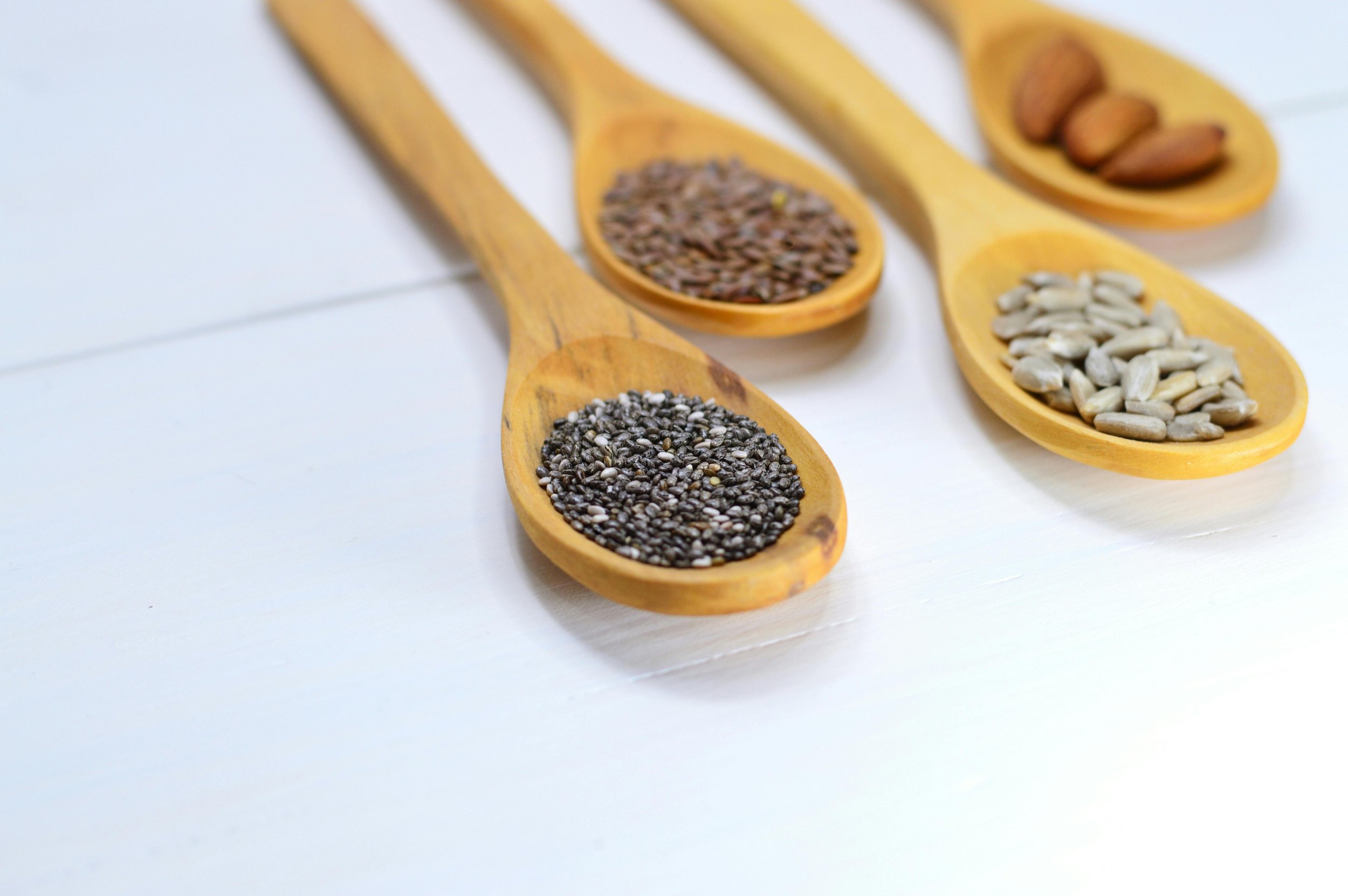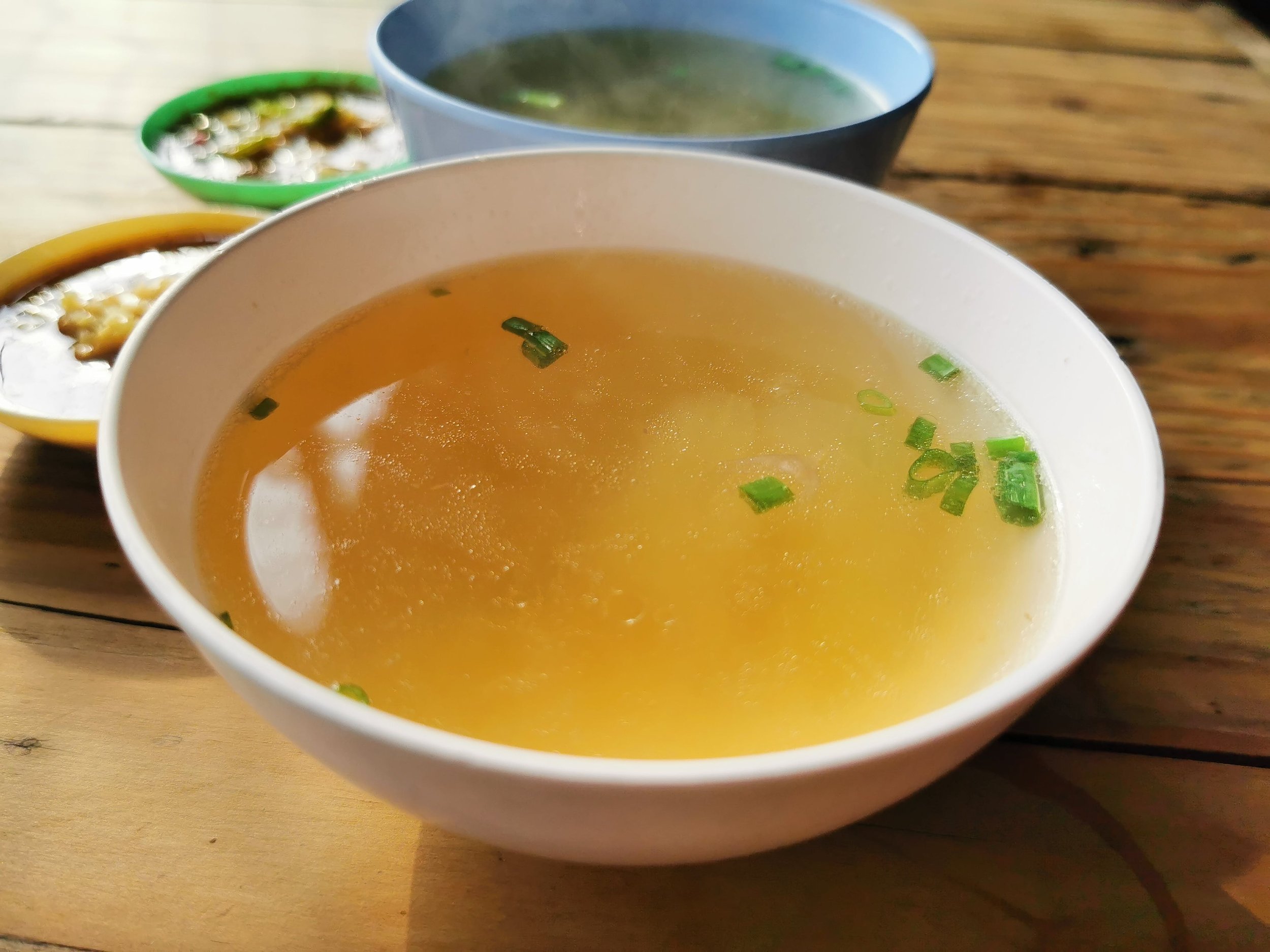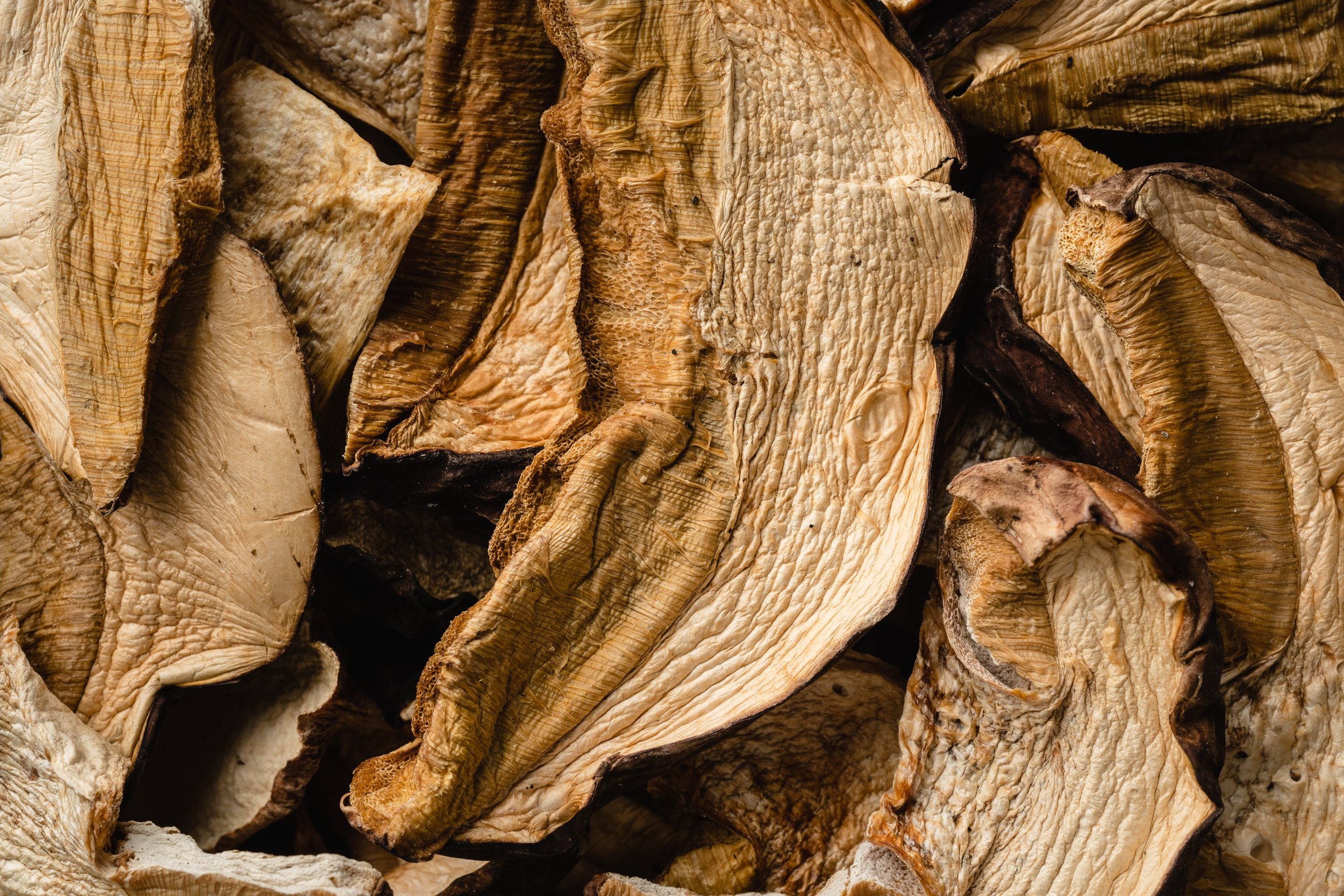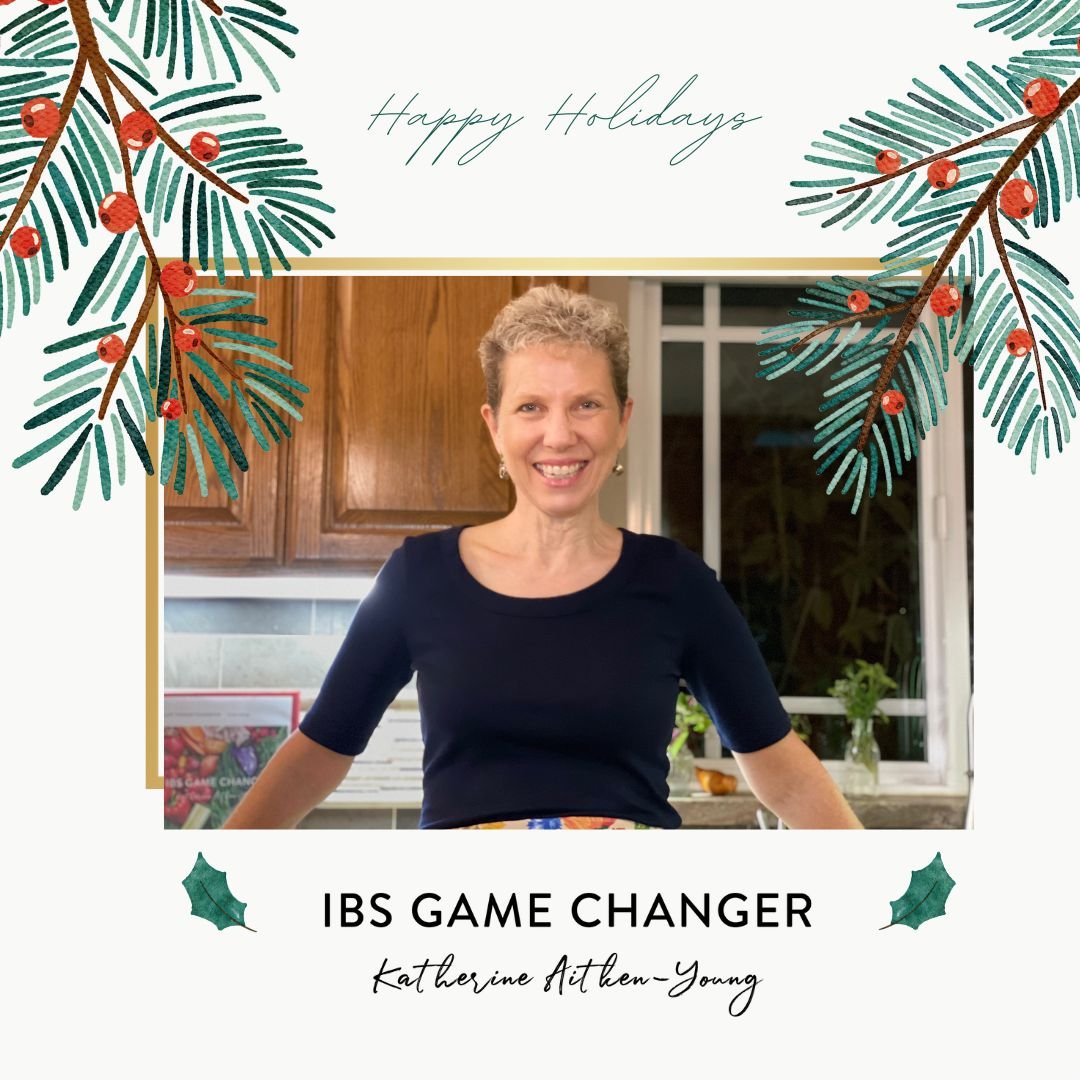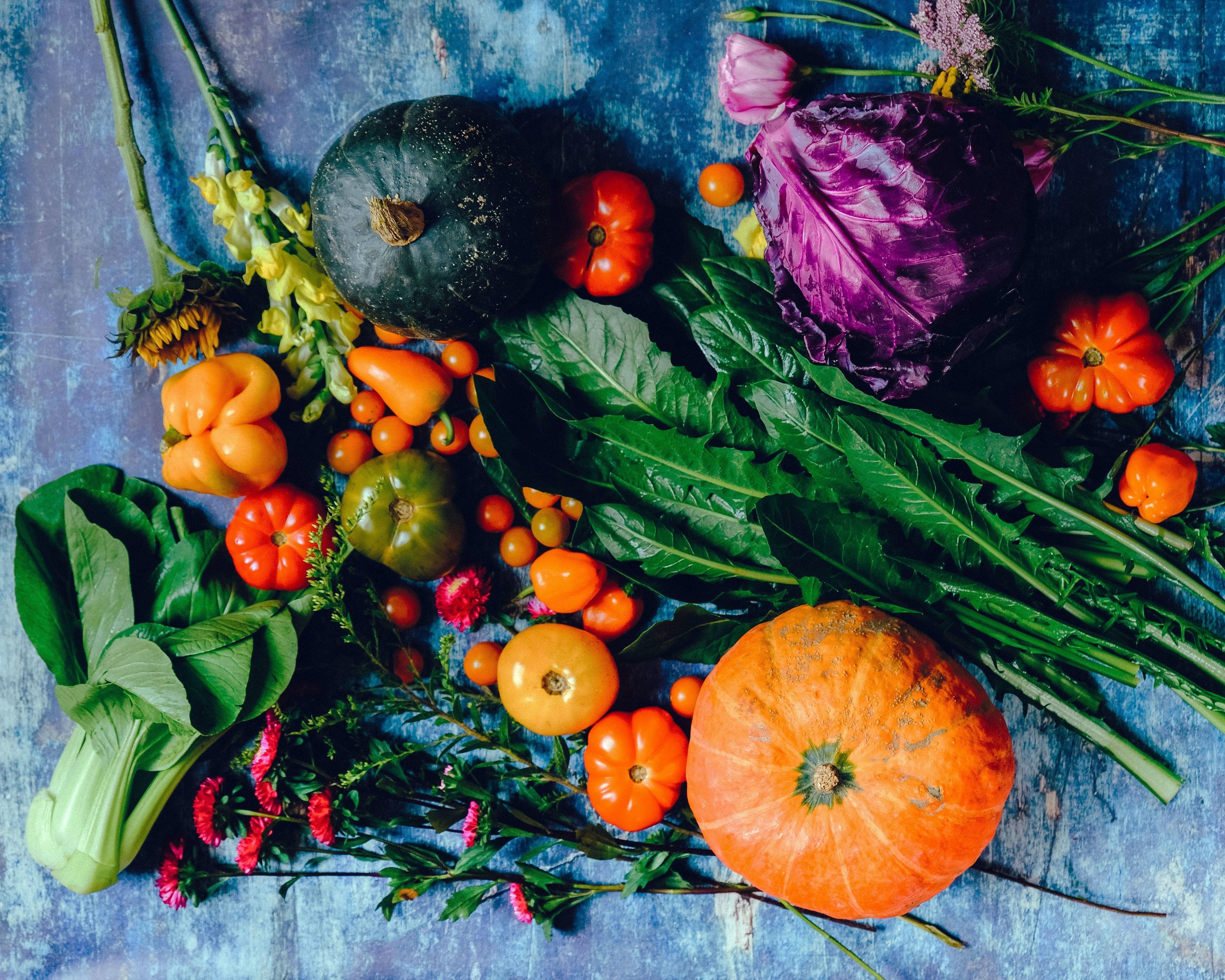Gluten vs Fructan? Who's the culprit?
When coaching my clients to learn how to follow a low FODMAP diet for the elimination of IBS symptoms, and then taking them through the process of testing with careful reintroduction, I am often told “I’m gluten-intolerant” or “gluten makes me feel terrible.” I actually love to hear this from my clients because, while it has been long assumed that gluten is a trigger for IBS symptoms, we have learned that it’s more likely to be the fructans in bread that are the trigger. And that’s a game changer.
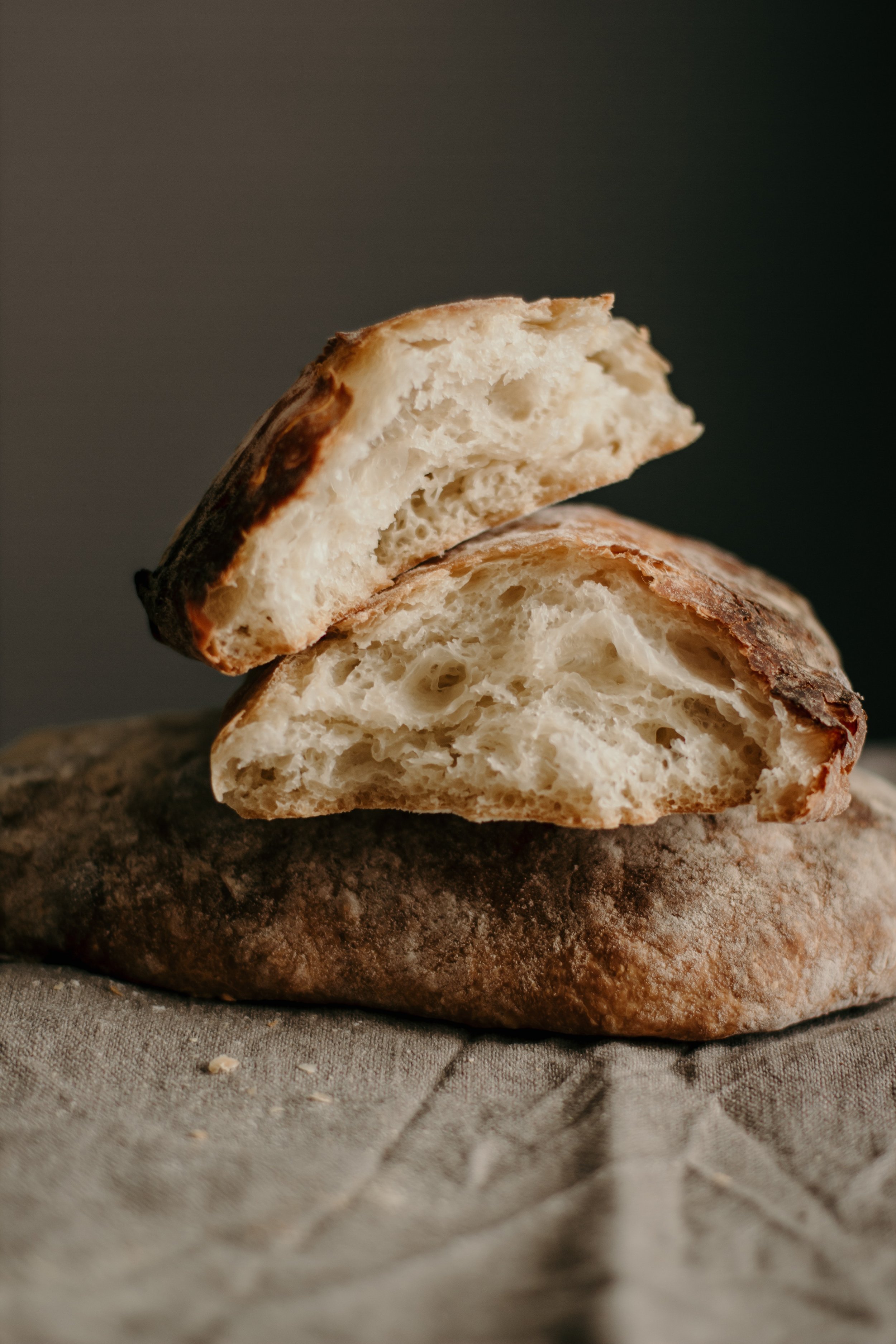
Article authored by Ketan Vakil, of Gourmend Foods
Within the low FODMAP/IBS community, it is well known that those with IBS should avoid gluten. Whether or not you have a proven gluten intolerance, you've probably been told that you should avoid it altogether.
But what if gluten isn't the problem? 🤔
If you use the Monash University app that gives you their well-tested guidelines (and we highly recommend it, it's great!), you will see that not all flours and breads are off-limits on the low FODMAP diet. While anyone with celiac disease should avoid gluten entirely, those who are non-celiac and on the low FODMAP diet can have certain types of breads and flours. For instance, sourdough bread is safe, even though it is usually made with wheat.
It's important to note that bread not only has gluten, but it also contains fructans (an oligosaccharide), which is a well-known IBS trigger.
While it has been long assumed that gluten particularly triggers IBS symptoms, what if it's the fructans in bread that are the trigger? The scientists who performed this study, published in the journal Gastroenterology (one of our absolute favorite studies!) wanted to learn just that.
They recognized that those with non-celiac gluten sensitivity have symptom relief after gluten is removed from their diets, but that didn't necessarily mean that the relief was from not consuming gluten. What if they felt relief by removing something else from their diets? Something like fructans!
59 participants with non-celiac gluten sensitivity were given a bar with gluten, fructans, or neither to see how they responded.
The results showed fructans were actually more likely to produce symptoms than gluten: 13 participants experienced the worst symptoms after eating the bars with gluten, while 24 reported feeling worse after eating the fructan-rich bars. Interestingly, 22 said the placebo bars bothered them most.
As it turns out, gluten may not be the IBS instigator that we have assumed it is!
This study actually validates why sourdough bread is safe to consume.
Have you ever wondered why sourdough bread can be safely enjoyed on the low FODMAP diet, even though it has gluten? Sourdough is low FODMAP because there is a fermentation step in the process of creating sourdough bread that decreases the fructan content. Even though there is still gluten present, the absence of fructans makes it safe for IBS sufferers.
That being said, not all sourdoughs are made equal. We recommend finding a local bakery that makes their own. The fermentation process for sourdough is lengthy, and buying from a trusted local bakery or making it yourself guarantees that it will be done right.
How can you tell if the sourdough at your local bakery is the real deal? Hint: it should have only 3 ingredients (wheat, water, and salt)!
More Deliciously Low FODMAP™ tips & tools
Plant variety is only part of the picture. There’s another factor that doesn’t get as much attention but plays a big role in microbiome health: your sodium intake.
Garleek is a vegetable that's a cross between garlic and leeks, and the low-FODMAP greens add a wonderful flavor to your savory dishes
In this blog post I’m sharing 8 strategies to overcome the feelings of discouragement and fear that may be standing in the way of your success.
If you want to try a food that has not yet been tested and added to one of the low-FODMAP apps , one of the most important tools in your low-FODMAP arsenal is self-testing.
In this blog post, I explore some of the ways deep tissue massage can support IBS symptom management, giving you one more tool in your toolbox to find a holistic path to comfort and well-being.
One of the biggest challenges when struggling with gut issues is getting answers to your many questions about cause and treatment. With this in mind, we in the content creator space, work hard to bring you specific and actionable information to help answer your questions.
Since launching IBS Game Changer, I’ve been on a mission to support individuals living with Irritable Bowel Syndrome (IBS) by providing expert coaching, delicious recipes, and essential tips for symptom management.
In this post, I’m sharing many of the essential pantry staples I use in my recipes all the time.
One of the biggest challenges when struggling with gut issues is getting answers to your many questions about cause and treatment. With this in mind, we in the content creator space, work hard to bring you specific and actionable information to help answer your questions.
Monash University recently re-tested avocados for FODMAP content and they made an interesting discovery
In this blog post, I’m addressing the intricate relationship between anxiety and Irritable Bowel Syndrome, exploring how they impact each other, and giving you some specific things you can do to get them both under control.
Not all cheeses are created equal in terms of their compatibility with the low FODMAP diet. This article will help you make informed choices that align with both your preferences and your gut health.
The warmth and soothing nature of bone broth can provide relief from digestive discomfort. Sipping on a warm cup of bone broth may help ease symptoms such as bloating and cramping.
After the holidays or any time you want to improve your relationship with food, use these techniques to master mindful eating and regain control of your health.
From Mindful Munching to making Social Connections — here are some tips for a happy holiday!
Research underscores the point that moderate-intensity exercise often outperforms vigorous exercise in relieving IBS symptoms. But individualization is key.
Taking a moment each day to acknowledge and appreciate the positive aspects of our lives can have a profound impact on our well-being.
How can you ensure your gut biome is in the best shape possible? I’ve put together the top 10 strategies to promote a healthy and diverse gut biome. Read on…




